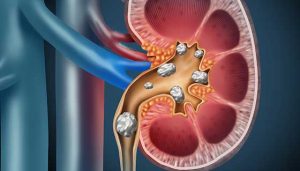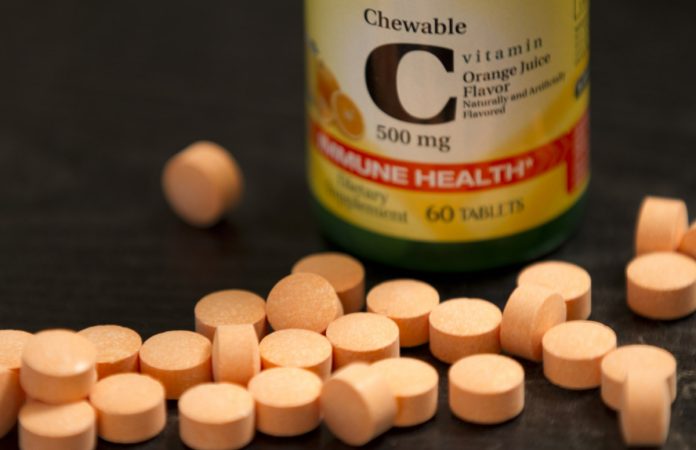Regularly taking mega doses of vitamin C can cause kidney stones,” says Dr. Ashley Winter, a board-certified urologist and chief medical officer of Odela Health, adding that since the pandemic, she has seen an uptick in people overdoing it with vitamin C because of its immune-boosting properties.
“Almost nobody needs mega doses of vitamin C,” says Winter, as there’s no immune benefit to consuming extra vitamin C on top of the recommended daily intake (90 milligrams a day for adults, per the National Institutes of Health, NIH).
Vitamin C intake through diet does not carry the same risk
“The problem is that vitamin C in your urine becomes something called oxalate and high levels of oxalate in the urine can become kidney stones,” explains Winter.

“If you have fresh fruits and vegetables in your diet, you almost certainly don’t have a medical need for extra vitamin C.”
The NIH warns that kidney stones are common, with a lifetime prevalence of about 10% in the US population.
Diet is thought to play an important role in the development of kidney stones, particularly intakes of calcium, sodium, fructose, water and other beverages.
Eat fresh fruits and vegetables, you’ll almost certainly don’t have a medical need for extra vitamin C
A recent study in the JAMA Internal Medicine journal found that men who ingested vitamin C supplements of 1,000 mg/day or more were at increased risk for kidney stones. Vitamin C intake through diet did not carry the same risk.
“Most people get enough vitamin C from a balanced diet and our bodies absorb it most effectively from the foods we eat,” says Sarah Malik, MD, Nebraska Medicine gastroenterologist.

“People who might be susceptible to vitamin C deficiency, such as smokers, people with severe intestinal malabsorption or cachexia and cancer patients might be at increased risk of vitamin C inadequacy, may benefit from the use of vitamin C supplements under a doctor’s supervision,” says Dr. Malik.
Major sources of vitamin C include citrus fruits, tomatoes, cantaloupes and strawberries. Approximately 70% to 90% of vitamin C is absorbed in moderate intakes of 30 to180 mg/day.
However, at doses above 1g/day, absorption falls to less than 50%. Absorbed, unmetabolized vitamin C is excreted in the urine.


